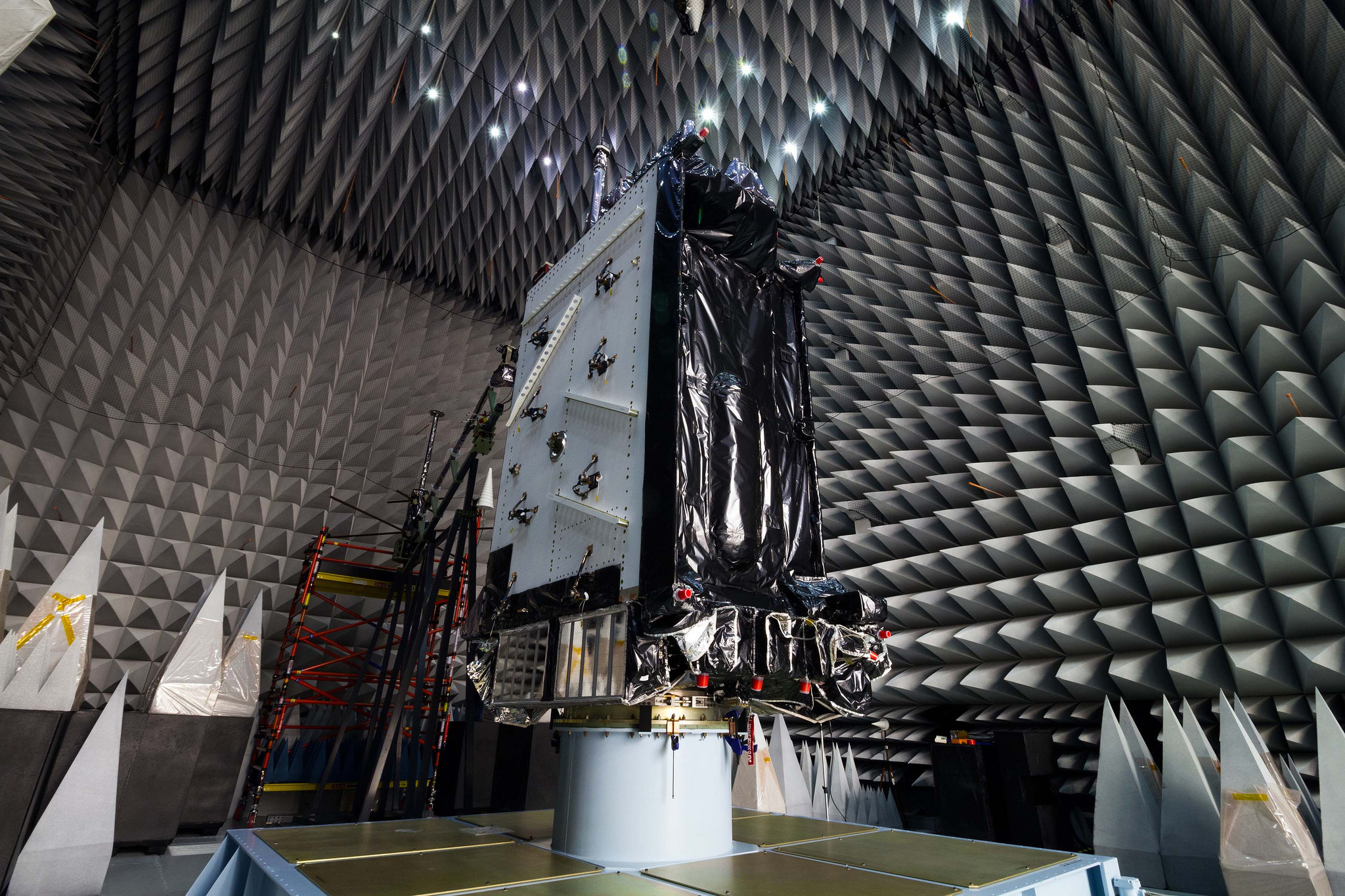The Air Force officially announced Friday that Lockheed Martin had been awarded a $7.2 billion contract to build 22 GPS III Follow-on (IIIF) satellites.
“The world is dependent on GPS, from getting directions to getting cash from an ATM machine or trading on the stock exchange,” said Secretary of the Air Force Heather Wilson in a statement. “These satellites will provide greater accuracy, and improved anti-jamming capabilities making them more resilient.”
The amount of the contract award was news but the choice of Lockheed was not. The two other potential bidders — Boeing Defense, Space & Security and Northrop Grumman — declined to submit bids this spring after the Air Force apparently chose to stick with its current GPS III contractor as a way to speed completion of the system. There has been pressure to get GPS IIIF, in fact all military space systems, on-orbit at a quicker pace as the competition from space-faring adversaries heats up.
“America’s Air Force is being fielded faster and smarter,” said Wilson in a statement.
The first of the GPS IIIF satellites to be built under the fixed-price contract is expected to be available for launch in 2026. The Department of Defense delegated the procurement decision to the Air Force; an approach the Air Force said shaved five months off the process.
“The Air Force’s acquisition strategy for this solicitation achieved a balance between mission success, meeting operational needs, opportunities for technology insertion, lowering costs, and introducing competition for National Security Space missions,” the service said in a statement.
Boeing, however, appeared disappointed about the approach earlier this year. In a statement explaining why the firm did not submit a proposal a company spokesman said, “the RFP emphasized mature production to current GPS requirements and did not value lower cost, payload performance or flexibility.”
Northrop Grumman took a different tack.
“Just broadly,” said Northrop Grumman’s CEO Wesley Bush during a conference call on 2018 first quarter results, “the GPS decision had absolutely nothing to do with anything else going on in the space portfolio other than a relative comparison of the attractiveness of the different opportunities that we’re pursuing there.”
“Through this acquisition, we are demonstrating many of the principles of our SMC transformation,” said Lt. Gen. John F. Thompson, Space and Missile Systems Center commander and Air Force program executive officer for space. “Getting to a manufacturing steady state in a fixed-price environment will allow us the opportunity to realize substantial cost savings, deliver on a planned schedule, and provide avenues for needed warfighter capability upgrades in the future.”






